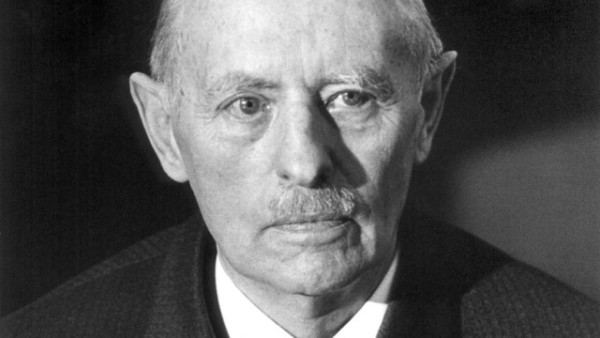It’s a nasty world out there. Even peaceniks who believe that Israel can resolve its differences with the Arabs realize, sadly enough, that their pleas for peace and amity may well fall on deaf ears in the Arab world and that Arab governments aside from Egypt and Jordan, which already have peace treaties with Israel, may never recognize Israel’s legitimacy as a sovereign Jewish state.
In recent days, I was rudely reminded of this lamentable state of affairs by two separate news stories carried in the Israeli press.
At the end of November, shortly after two Palestinian cousins from East Jerusalem cold bloodedly murdered four Jews in a synagogue in western Jerusalem’s Har Nof district, two Jordanian members of parliament vented their rage at Israel and Jews in a discussion broadcast by a television channel in Jordan.

Speaking of the telling decision of Jordan’s parliament to honor the memories of the murderers Uday and Ghassan Abu Jamal, Khalil Attieh said, “By Allah, it is an honor to incite against the Jews. Let us continue with similar decisions, because this is what the Jordanian people want.”
Taking his rant one step further, Attieh declared, “”Hating the Jews is a great honor for me, and it makes me walk with my head high because they are worthy of hatred.” In a rhetorical flourish, he added, “They are not decent people. Any man of honor should hate the Jews.”
For good measure, Attieh castigated Israel’s ambassador to Jordan, Daniel Nevo, who had denounced a condolence letter sent by Jordan’s prime minister, Abdullah Ensour, to the families of Uday and Ghassan Abu Jamal. In his letter, Ensour wrote, “I ask God to envelop them with mercy and to grant you patience, comfort and recovery from your grief.”

Calling Nevo a descendant of “apes and pigs,” Attieh urged the Jordanian government to expel him from the country.
Attieh’s colleague, Bassam al-Manaseer, was just as emphatic.
“If what we did in parliament is considered incitement, just because we stood by the Palestinian people, then we welcome the policy of incitement.”
Let’s be clear. The Jordanian government, its quarrels and disputes with Israel notwithstanding, formally condemned the contemptible Nov. 18 attack on the synagogue in Har Nof.
But Attieh and Manaseer, far from agreeing with their government’s condemnation of the outrage, poured oil on the fire by descending into the vile pit of antisemitism. Obviously, they thought they had a licence to engage in Jew-bating, and that it would be tolerated by their fellow MPs.
To the best of my knowledge, not a single Jordanian MP questioned their antisemitic tirade. Nor was anything heard from King Abdullah II, who recently met Israeli Prime Minister Benjamin Netanyahu in Amman.

I wonder what the reaction would have been had an MP in a European parliament uttered words to that effect. Certainly not silence, I would say.
I would also venture to say that the litany of hatred pouring from the lips of Attieh and Manaseer was more or less representative of Arab public opinion. Let’s remember that the media in the Arab world is generally rife with antisemitic and anti-Zionist tropes, references and innuendos. And let’s not forget that Mohamed Morsi compared Jews to apes and pigs before his election as Egypt’s president.
Lamentably, the Arab world since Israel’s establishment in 1948 has become a repository of hateful and spiteful conspiracy theories about Jews and a haven for antisemites.
Which brings me to Alois Brunner, a top-ranking Nazi whose death was officially announced two days ago by the Simon Wiesenthal Center’s office in Israel.

Brunner, who supposedly died in Syria four years ago, was Adolf Eichmann’s deputy, reportedly responsible for the deportation to extermination camps of 128,000 French, Greek, Austrian and Slovakian Jews. Despite his reputation as an unrepentant Nazi killer, he was allowed to settle in Syria, a country at war with Israel. He was, as well, a special advisor to Hafez al-Assad, who ruled Syria until 2000.
Assad surely knew that Brunner, tried in absentia and sentenced to death by France in the 1950s, was an arch war criminal. Yet he not only tolerated Brunner, but paid him a salary for his advice on security and terrorism.
Among Arab leaders of the day, Assad’s attitude was not uncommon. Gamal Abdel Nasser, Egypt’s president until 1970, permitted a procession of Nazis, including rocket scientists, to live in Egypt.
After more than six decades of Arab-Israeli tension and animosity, antisemitism has gained substantial ground in the Arab world. One can only hope that the world’s longest hatred won’t stand in the way of a rapprochement between Israel and the Arabs, if that’s still possible.
This piece appeared in the Times of Israel.
